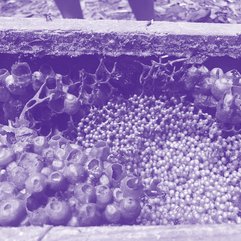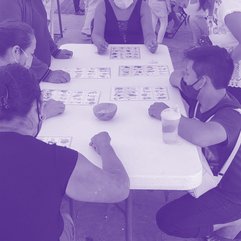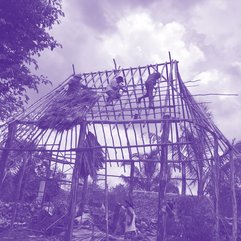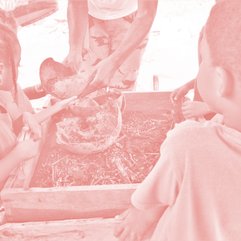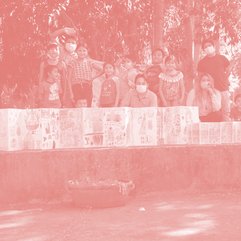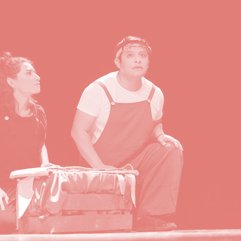“Every beautiful poem is an act of resistance”
A multilingual reading of poetry from and about Palestine
19.00-21.00
Save the Date
all ages welcome
in German/in English/in Arabic

Let’s give the earth enough time to tell
the whole truth about you and us.
O you who are guests in this place
leave a few chairs empty
for your hosts to read out
the conditions for peace
in a treaty with the dead.
The Penultimate Speech of the Red Indian*
- Mahmoud Darwish
Can we find solace, and strength, in the nooks and crannies of language, of literature and poetry?
A group of poets and writers bring us together for an utterance of words, old and new, from and about Palestine. We will listen to poems, share a meal, and come together to remember, feel, mourn, and stay close.
Bring your own poetry, it will be a moment of sharing.
Initiated and organised by: Zilan Sarah Kößler
Food will be provided by kulukulufood
Zilan Sarah Kößler runs empowerment workshops on feminism, ecology and art and creates art and performances in the framework of art and resistance. She is part of the projects “Hevrîn Xelef ” and at Flamingo e.V.
Najwa Ahmed is a Palestinian filmmaker and writer whose work weaves together themes of the homeland, memory and displacement attempting to use their art as an anti-colonial instrument. Their films have been shown at many spaces including Sinema Transtopia and Hungry Eyes Festival. Their writings have been published by CFFP, visual Vers and Jeem, amongst other platforms.
emet ezell is the author of Between Every Bird, Our Bones, winner of the 2021 Gloria Anzaldúa Poetry Prize. They live in Berlin, and teach poetry at Hopscotch Reading Room.
Tracy Fuad is a poet based in Berlin. Her second collection of poetry, PORTAL, will be published by the University of Chicago in February. She teaches at the Berlin Writers' Workshop and runs the reading series Soft Launch in Wedding.
Leila Boukarim is a children’s book author and developmental editor. She was born in Lebanon, raised in several countries, and moved to Berlin in 2021 after living in Singapore for nine years.
Fadi Abdelnour, a designer by trade, is the founder of Subtype Studio, co-founder of Al Film, the Arab film festival in Berlin, and its artistic director between 2009 and 2019, and founder of Khan Al Janub, a one-of-a-kind bookshop in Berlin for handpicked Arabic literature. Fadi is a graduate of Burg Giebichenstein Kunsthochschule Halle, and Birzeit University.
*We opted to cite the title of Mahmoud Darwish's poem as published in the English translation, with full awareness that "Red Indian" is a racially offensive historic signifier to Indigenous Native Americans.




